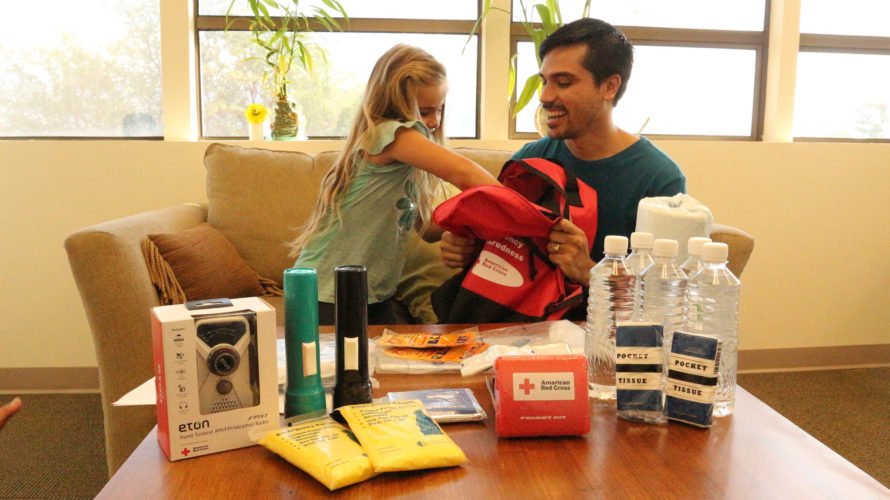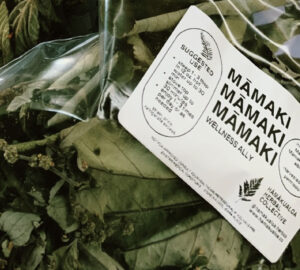June 1st signals the start of hurricane season in Hawaii (which lasts all the way until November). Now is the time for you to create or update your preparedness plans! Avoid the craze of standing in supermarket lines to get bottled water and the anxiety of last minute plans for you and your family members. The Hawaii Red Cross is here for you and your loved ones by providing services and information to ensure that you can be prepared for any natural disaster that comes your way. The list below includes three tips for you to get ready for this year’s hurricane season.
#1: Get a Kit
- Have 7 days’ worth of supplies at home so you can take shelter there, or place your supplies in a compact portable container, in case you need to vacate to a shelter. You can download a list of Hurricane Evacuation Shelters here. http://www.redcross.org/images/MEDIA_CustomProductCatalog/m35940359_Hurricane-Evacuation.pdf . Remember to listen to the radio during an emergency to see which sites are open!
- Here are a few items to include in your Disaster Emergency Kit:
- Water (1 gallon/per person/per day for 7 days)
- Non-perishable foods (7 days)
- Crank Flashlight Radio (with cell phone charging adapter!)
- First Aid Kit
- Medications
#2: Make a Plan
- As a family, decide on an evacuation location and the route you’ll be taking to get there. We recommend that you and your family run practice evacuations at least twice a year and test out alternate routes in case your primary one is closed. If a member of your family needs special accommodations, plan ahead to figure out who can help and what they can do. If you have pets, you’ll need to include them in your evacuation plan as well.
- If you and your family are separated from each other, create a plan that designates two different places to meet:
- Near your home
- Somewhere outside your neighborhood, in case you can’t return home or are asked to evacuate
- It is important to identify responsibilities for each person ahead of time, and work together as a team during any emergency.
#3: Be Informed
- Learn about the different disasters or emergencies that may occur. Hawaii is at risk for many hazards including Hurricanes, Tsunami, Flooding, Earthquakes, Landslides, Tornados and Volcanic Eruptions.
- Stay informed by authorities during a disaster. Local emergency agencies broadcast through radio and TV stations, as well as online and on social media. Local Civil Defense agencies have emergency alert e-mail and text services available to the public.
- Make sure that at least one member of your household is trained in First Aid and CPR, and knows how to use an AED. You can register for any of these training classes at http://www.redcross.org/ux/take-a-class.
By following these three simple tips, you and your family can maintain a sense of safety and peace of mind during hurricane season, or any other emergency or natural disaster.




